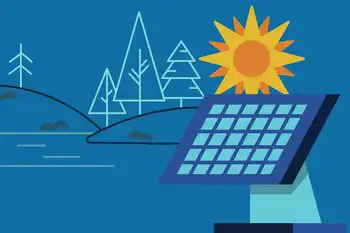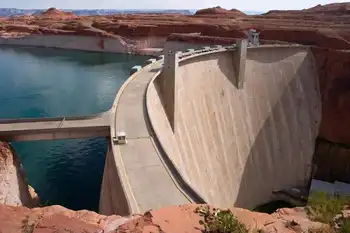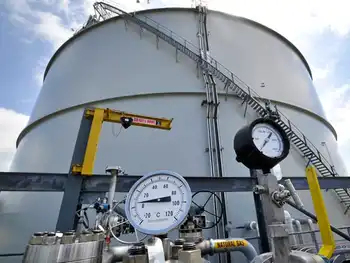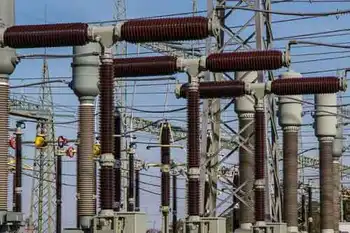New energy projects seek to lower electricity costs in Southeast Alaska
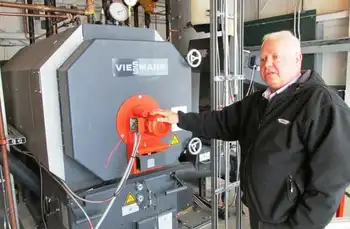
Protective Relay Training - Basic
Our customized live online or in‑person group training can be delivered to your staff at your location.

- Live Online
- 12 hours Instructor-led
- Group Training Available
Southeast Alaska Energy Projects advance hydroelectric, biomass, and heat pumps, displacing diesel via grants. Inside Passage Electric Cooperative and Alaska Energy Authority support Kake, Hoonah, Ketchikan with wood pellets, feasibility studies, and rate relief.
Key Points
Programs using hydro, biomass, and heat pumps to cut diesel use and lower electricity costs in Southeast Alaska.
✅ Hydroelectric at Gunnuk Creek to replace diesel in Kake
✅ Biomass and wood pellets displacing fuel oil in facilities
✅ Free feasibility studies; heat pumps where economical
New projects are under development throughout the region to help reduce energy costs for Southeast Alaska residents. A panel presented some of those during last week’s Southeast Conference annual fall meeting in Ketchikan.
Jodi Mitchell is with Inside Passage Electric Cooperative, which is working on the Gunnuk Creek hydroelectric project for Kake. IPEC is a non-profit, she said, with the goal of reducing electric rates for its members.
The Gunnuk Creek project will be built at an existing dam.
“The benefits for the project will be, of course, renewable energy for Kake. And we estimate it will save about 6.2 million gallons over its 50-year life,” she said. “Although, as you heard earlier, these hydro projects last forever.”
The gallons saved are of diesel fuel, which currently is used to power generators for electricity, though in places with limited options some have even turned to new coal plants to keep the lights on.
IPEC operates other hydro projects in Klukwan and Hoonah. Mitchell said they’re looking into future projects, one near Angoon and another that would add capacity to the existing Hoonah project, even as an independent power project in British Columbia is in limbo.
Mitchell said they fund much of their work through grants, which helps keep electric rates at a reasonable level.
Devany Plentovich with the Alaska Energy Authority talked about biomass projects in the state. She said the goal is to increase wood energy use in Alaska, even as some advocates call for a reduction in biomass electricity in other regions.
“We offer any community, any entity, a free feasibility study to see if they have a potential heating system in their community,” she said. “We do advocate for wood heating, but we are trying to get a community to pick the best heating technology for their situation, including options that use more electricity for heat when appropriate. So in a lot of situations, our consultants will give you the economics on a wood heating system but they’ll also recommend maybe you should look at heat pumps or look at waste energy.”
Plentovich said they recently did a study for Ketchikan’s Holy Name Church and School. The result was a recommendation for a heat pump rather than wood.
But, she said, wood energy is on the rise, and utilities elsewhere are increasing biomass for electricity as well. There are more than 50 systems in the state displacing more than 500,000 gallons of fuel oil annually. Those include systems on Prince of Wales Island and in Ketchikan.
Ketchikan recently experienced a supply issue, though. A local wood-pellet manufacturer closed, which is a problem for the airport and the public library, among other facilities that use biomass heaters.
Karen Petersen is the biomass outreach coordinator for Southeast Conference. She said this opens up a great opportunity for someone.
“Devany and I are working on trying to find a supplier who wants to go into the pellet business,” she said. “Probably importing initially, and then converting over to some form of manufacturing once the demand is stabilized.”
So, Petersen said, if anyone is interested in this entrepreneurial opportunity, contact her through Southeast Conference for more information.






